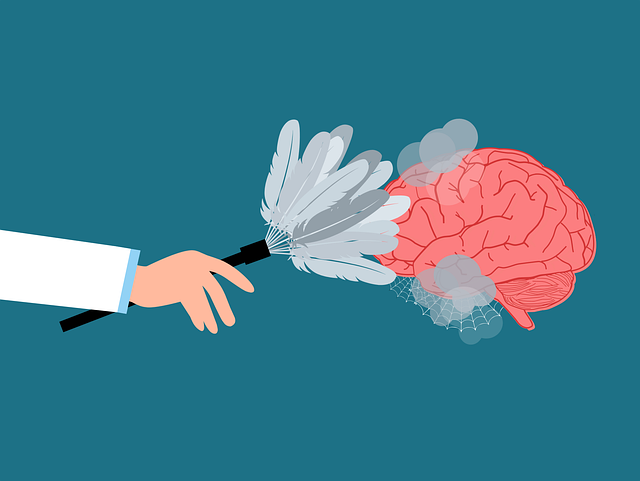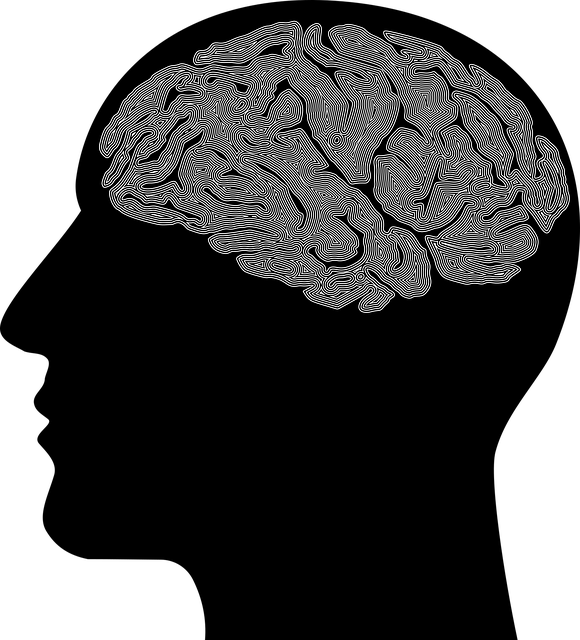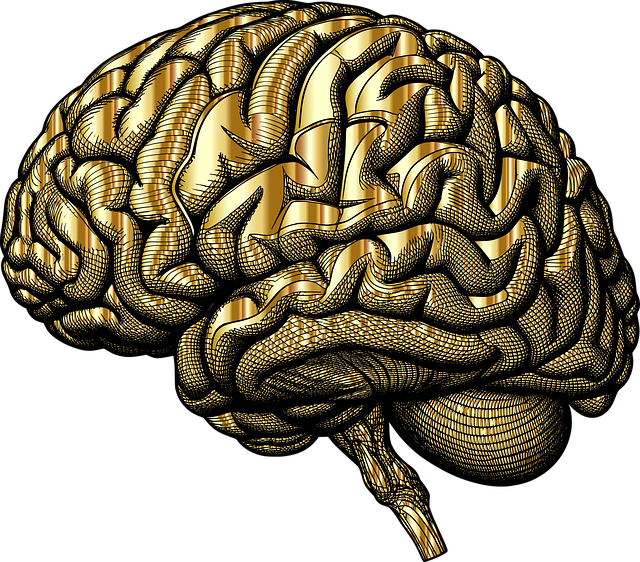Longmont Major Life Transitions Therapy is a holistic program using social skills training, mindfulness meditation, and coaching to address mental health conditions during life changes. By focusing on coping skill development, empathy-building, and open communication, it empowers individuals to navigate social interactions with confidence, fostering connection and belonging. This approach supports better communication, prevents burnout, and transforms transitions into opportunities for growth and resilience, ultimately improving mental well-being through enhanced social skills and community engagement.
Social skills training is a powerful tool for managing mental health conditions. This article delves into the intricate relationship between social interactions and psychological well-being, highlighting how poor social connections can exacerbate mental health issues. We identify common social skills deficits associated with various conditions and explore evidence-based strategies to improve communication in therapy. Furthermore, we introduce Longmont Major Life Transitions Therapy, a holistic approach designed to enhance social skills and foster meaningful connections, offering hope for improved mental health outcomes.
- Understanding the Link Between Social Skills and Mental Health
- The Impact of Poor Social Interaction on Psychological Well-being
- Identifying Social Skills Deficits in Mental Health Conditions
- Strategies for Developing Effective Communication in Therapy
- Longmont Major Life Transitions Therapy: A Holistic Approach to Enhancing Social Skills
Understanding the Link Between Social Skills and Mental Health

Social skills training is a powerful tool in addressing mental health conditions, particularly during pivotal moments like major life transitions. In many cases, individuals struggling with anxiety, depression, or trauma may experience difficulties interacting socially, which can exacerbate their symptoms and isolate them further. Longmont Major Life Transitions Therapy recognizes this intricate link between social functioning and mental well-being.
By focusing on coping skills development and empathy building strategies, therapy sessions aim to empower clients to navigate social interactions with greater confidence and ease. This holistic approach not only supports better communication but also fosters a sense of belonging and connection, serving as a key component in burnout prevention. Effective social skills training can transform these moments of transition into opportunities for growth and resilience.
The Impact of Poor Social Interaction on Psychological Well-being

Social interactions play a pivotal role in our overall mental health and well-being. When individuals struggle with social skills, it can lead to a cascade of negative effects on their psychological state. Poor social interaction, often characterized by difficulties in communication, forming connections, or managing relationships, can contribute to feelings of loneliness, depression, and anxiety. These conditions are further exacerbated during significant life transitions, such as moving to a new city or navigating through major changes at work. In Longmont Major Life Transitions Therapy, professionals focus on helping individuals develop essential social skills, enabling them to better cope with these challenges and enhance their overall mental wellness.
The absence of meaningful social connections can create a void in one’s life, leading to decreased self-esteem and a sense of disorientation. Mindfulness Meditation and Mental Wellness Coaching Programs Development have emerged as powerful tools within therapy to foster healthier interactions. These practices promote self-awareness and emotional regulation, allowing individuals to navigate social situations with more confidence. Additionally, engaging in productive conversations through a well-crafted Mental Wellness Podcast Series Production can provide a platform for sharing experiences, offering support, and cultivating a sense of community—all vital components for maintaining mental health during challenging transitions.
Identifying Social Skills Deficits in Mental Health Conditions

Many individuals struggling with mental health conditions, such as anxiety or depression, often face challenges in their social interactions. These conditions can lead to social skills deficits, making it difficult for them to connect with others, maintain relationships, and navigate various social situations. In Longmont Major Life Transitions Therapy, professionals focus on identifying these specific difficulties to provide targeted support.
Self-Awareness Exercises and Mental Wellness Coaching Programs Development play a crucial role in this process. Through tailored activities and techniques, individuals learn to recognize their emotional triggers and patterns, fostering improved self-management. Additionally, Emotional Well-being Promotion Techniques help clients develop coping strategies, enhance communication skills, and build resilience, enabling them to engage more effectively in social settings.
Strategies for Developing Effective Communication in Therapy

In Longmont Major Life Transitions Therapy, communication strategies are key to fostering effective therapeutic relationships and facilitating positive mental health outcomes. Encouraging open dialogue allows individuals to express their thoughts, feelings, and experiences freely, creating a safe space for exploration and healing. Therapists can model active listening by maintaining eye contact, paraphrasing, and summarizing client statements to ensure understanding. This not only validates the individual’s emotions but also aids in building trust and rapport.
Additionally, teaching coping skills development through role-playing scenarios can empower clients to navigate social interactions more confidently. Practicing assertiveness, a crucial component of these sessions, enables individuals to communicate their needs effectively while respecting others’ boundaries. By integrating these techniques into therapy, mental health professionals enhance their risk assessment capabilities, fostering a more supportive environment for all participants.
Longmont Major Life Transitions Therapy: A Holistic Approach to Enhancing Social Skills

Longmont Major Life Transitions Therapy offers a holistic approach to enhancing social skills for individuals navigating mental health conditions. By focusing on the interconnectedness of physical, emotional, and relational well-being, this therapy model aims to empower clients to manage their symptoms effectively while fostering meaningful connections with others. The program incorporates evidence-based practices tailored to each individual’s unique needs, promoting self-esteem improvement and mood management as integral parts of the healing process.
Through a combination of group sessions, individual counseling, and community engagement activities, participants gain practical tools for improving communication, building relationships, and navigating social situations with greater confidence. By addressing the root causes of social anxiety or withdrawal often associated with mental health conditions like depression or PTSD, Longmont Major Life Transitions Therapy enables individuals to actively participate in society, enhancing their overall quality of life. This comprehensive approach not only supports mental health policy analysis and advocacy by promoting community integration but also empowers individuals to become advocates for their own well-being.
Social skills training, as demonstrated through innovative approaches like Longmont Major Life Transitions Therapy, plays a pivotal role in managing mental health conditions. By addressing social skills deficits, individuals can experience improved psychological well-being and navigate life transitions more effectively. Understanding the link between social interaction and mental health is crucial, as it enables therapists to incorporate holistic strategies that foster meaningful connections and enhance overall well-being.









